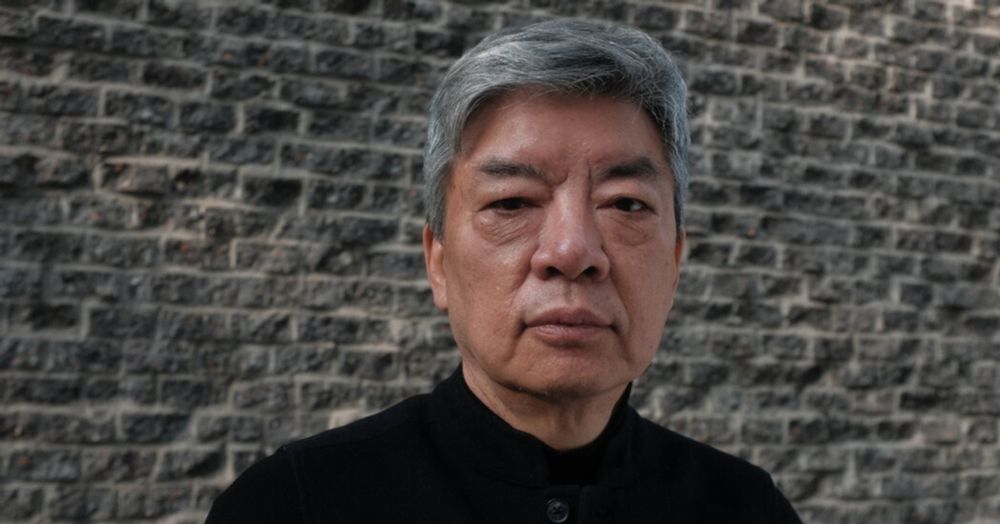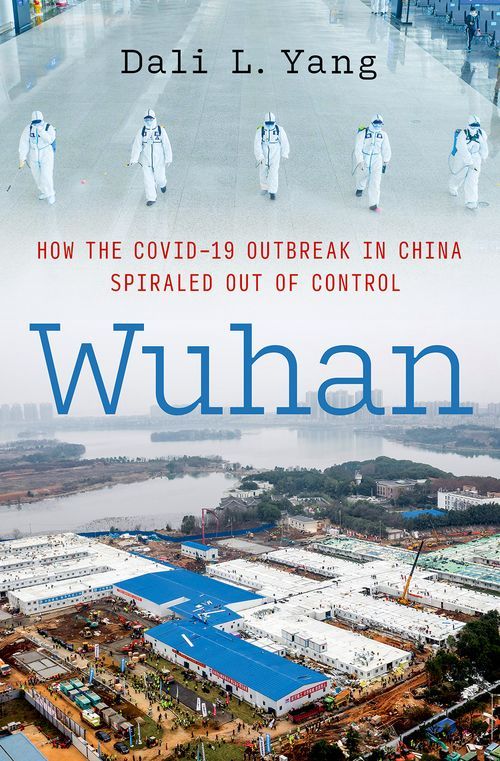Univ of Chicago Professor and the author of Wuhan: How the Covid-19 Outbreak in China Spiraled Out of Control (Oxford Univ Press, 2024).

Reposted by Dali L. Yang
Reposted by Dali L. Yang

Reposted by Dali L. Yang
Reposted by Dali L. Yang













